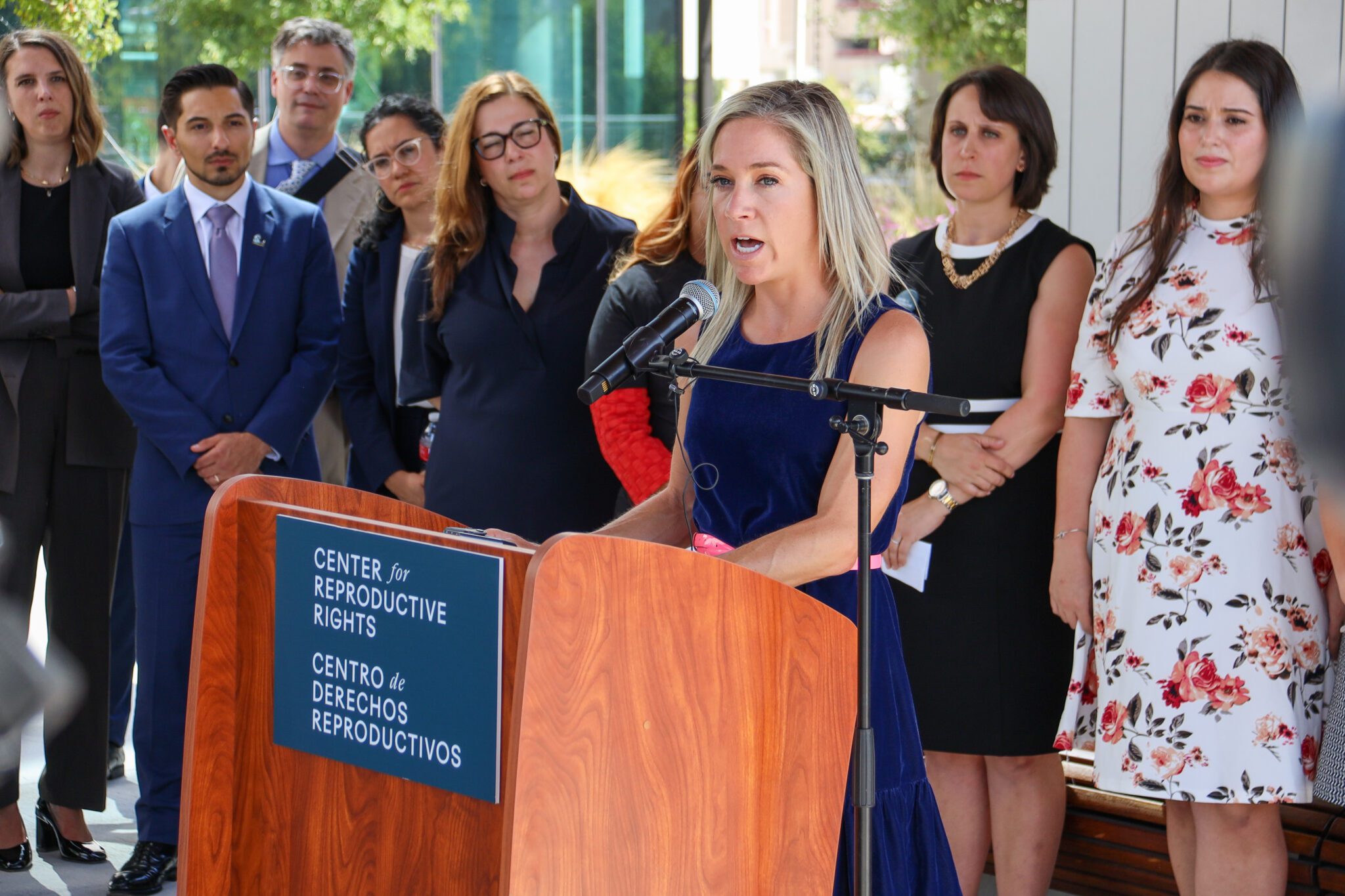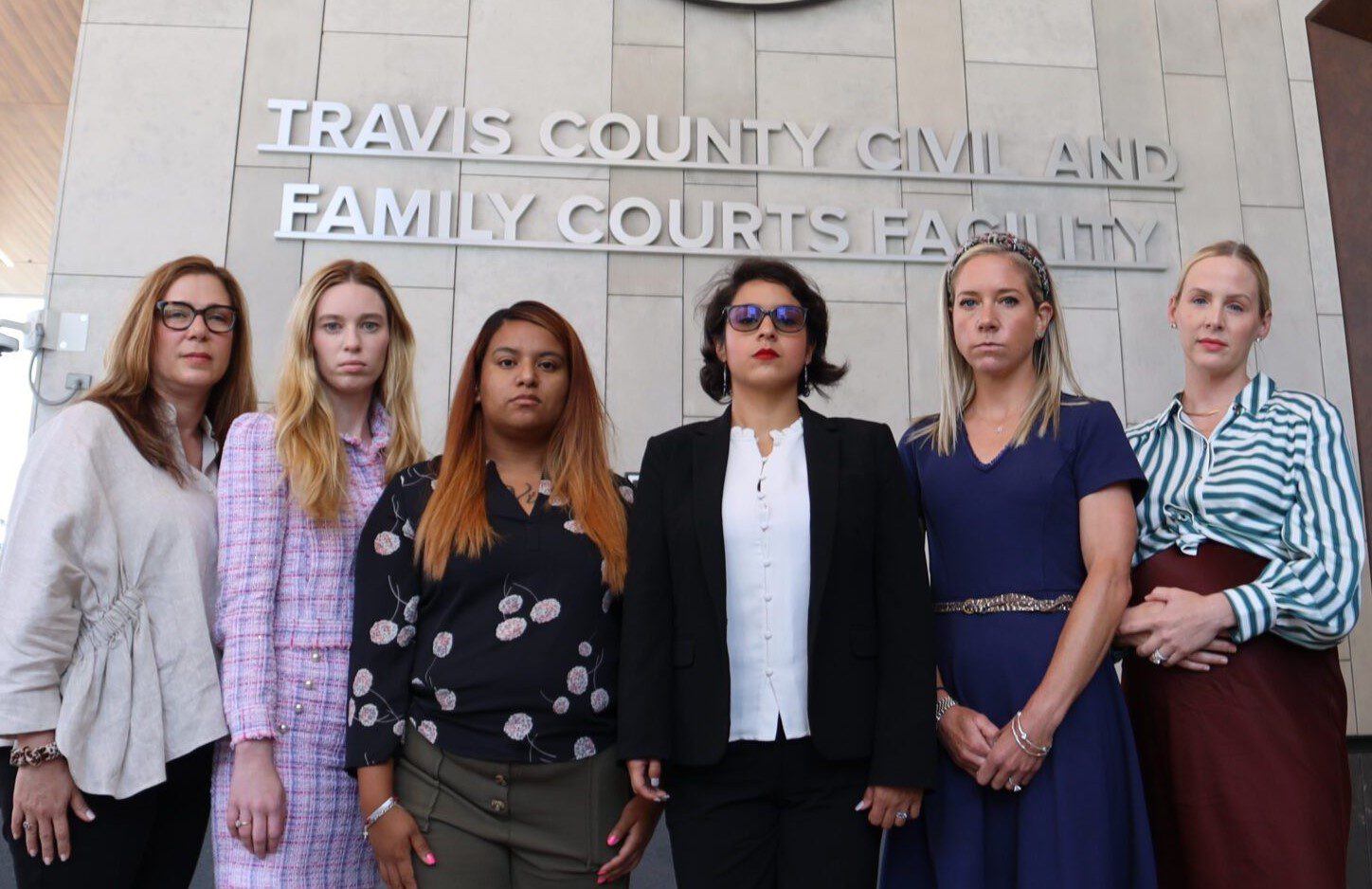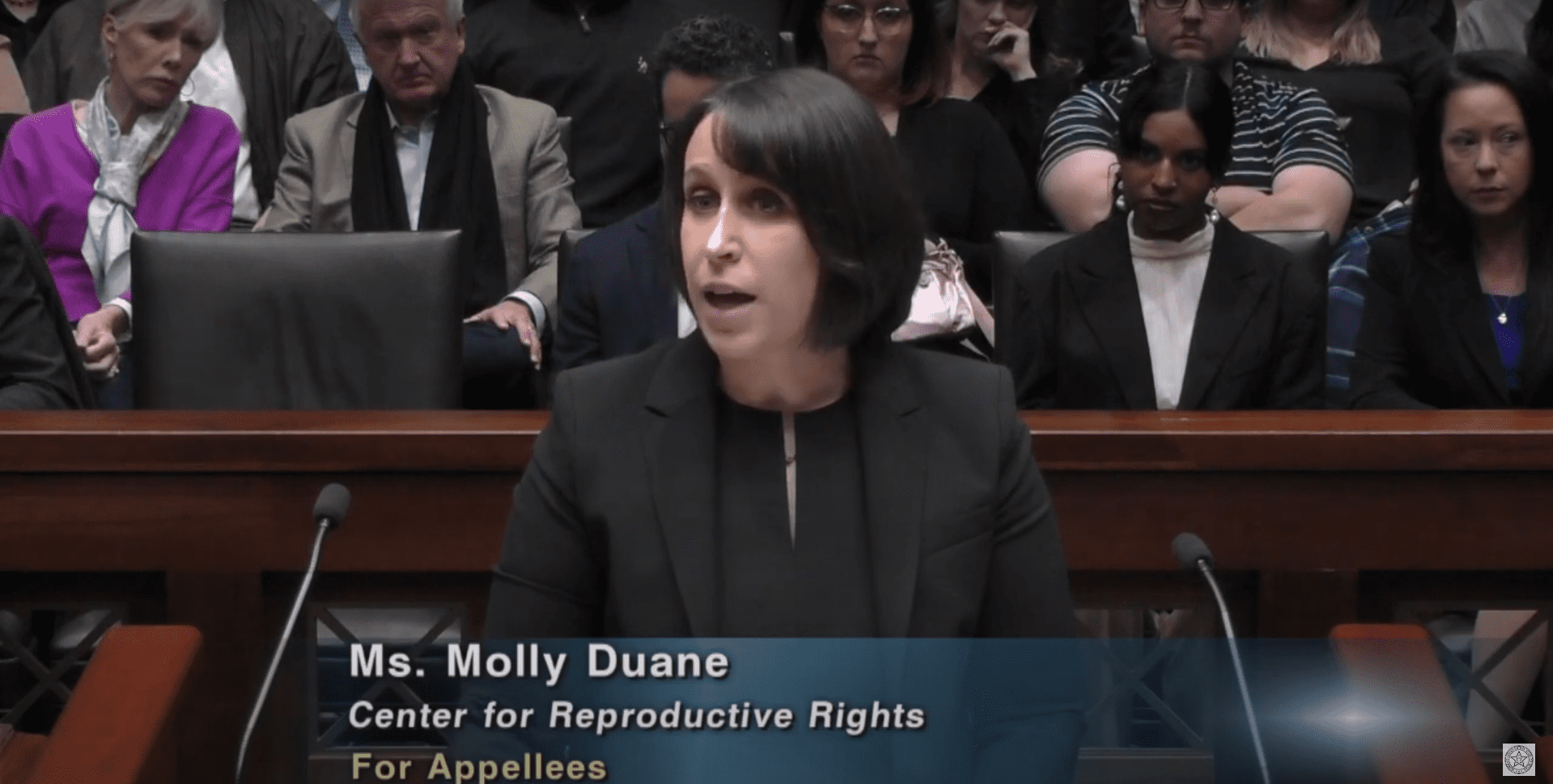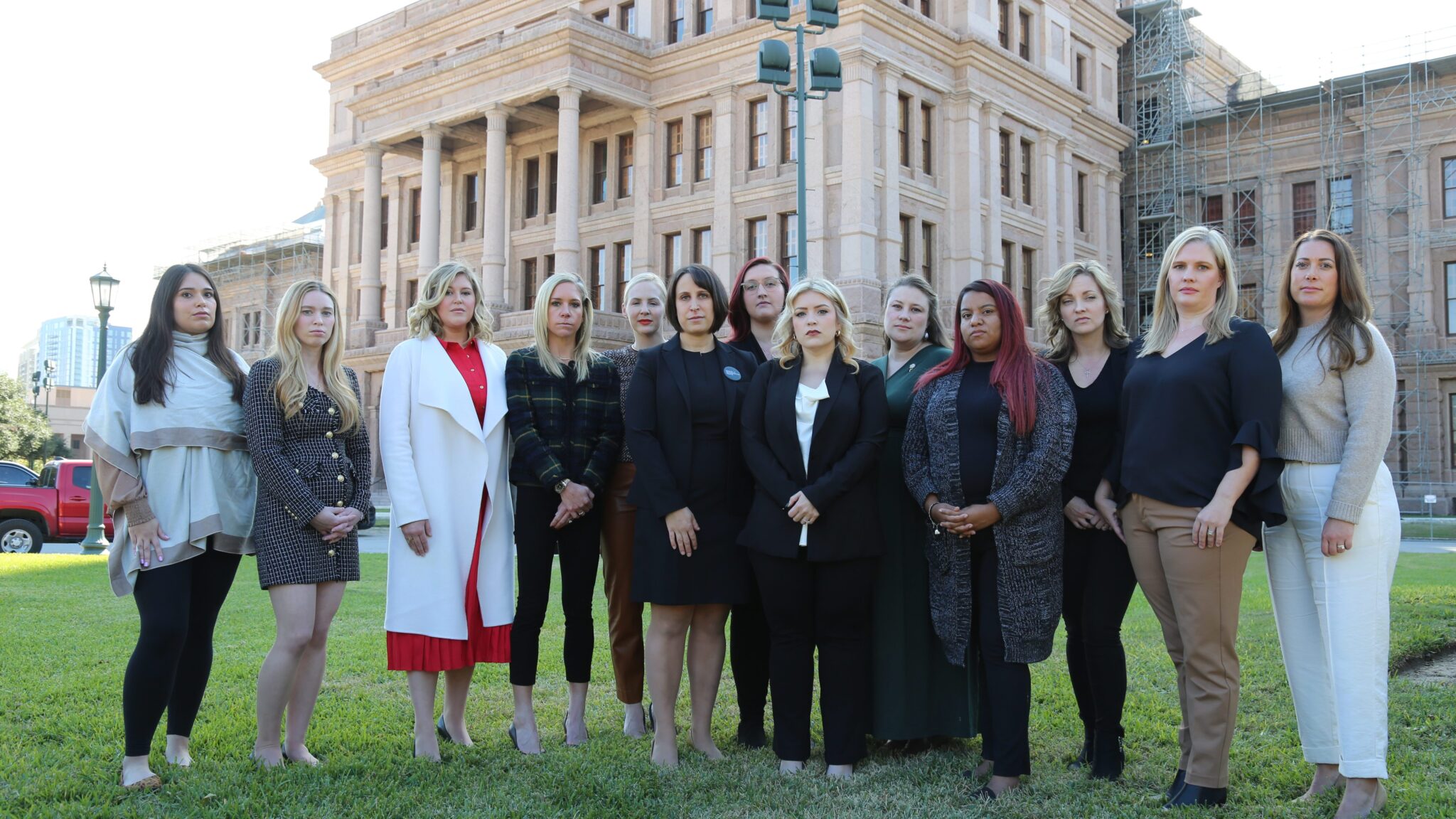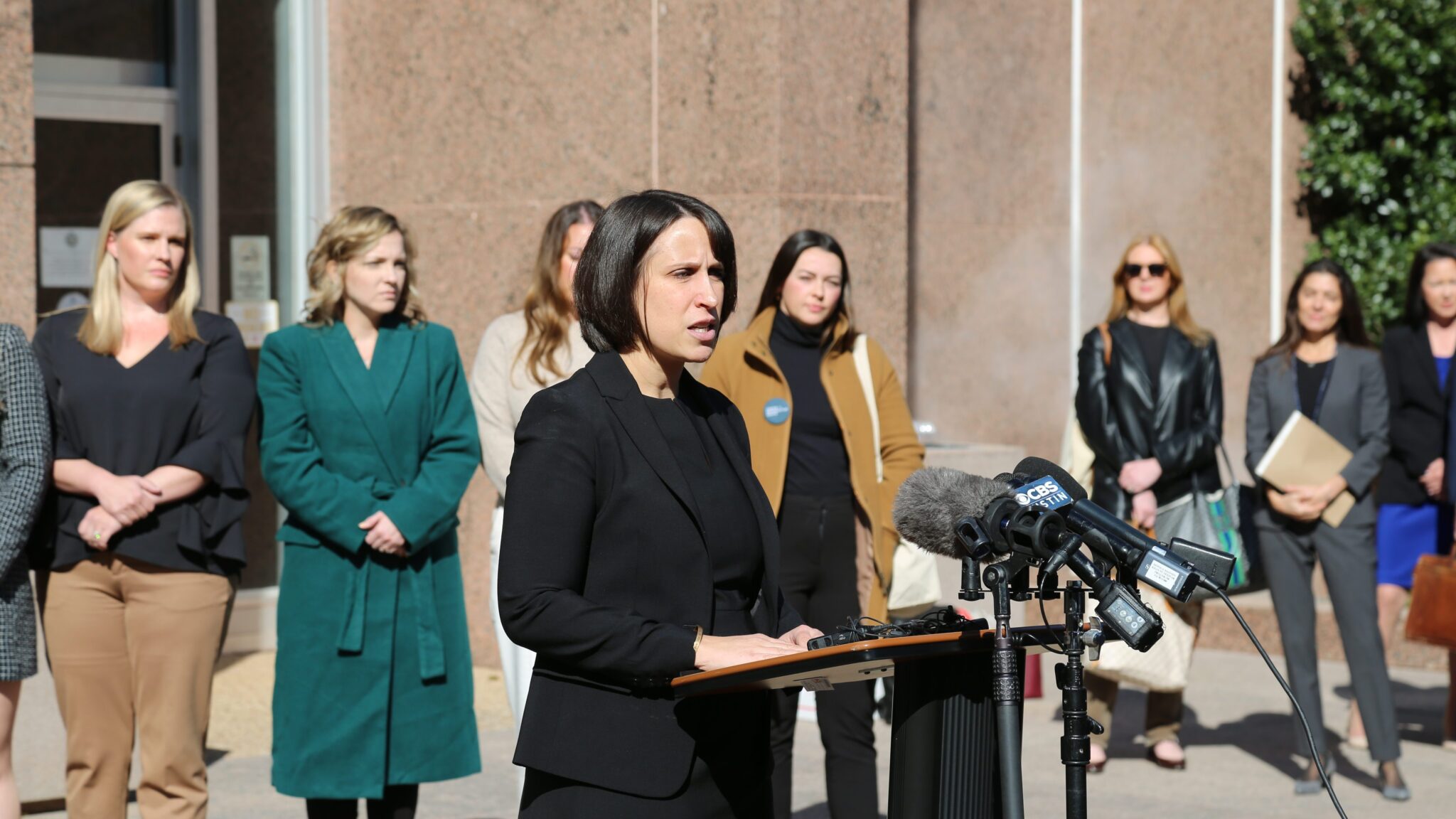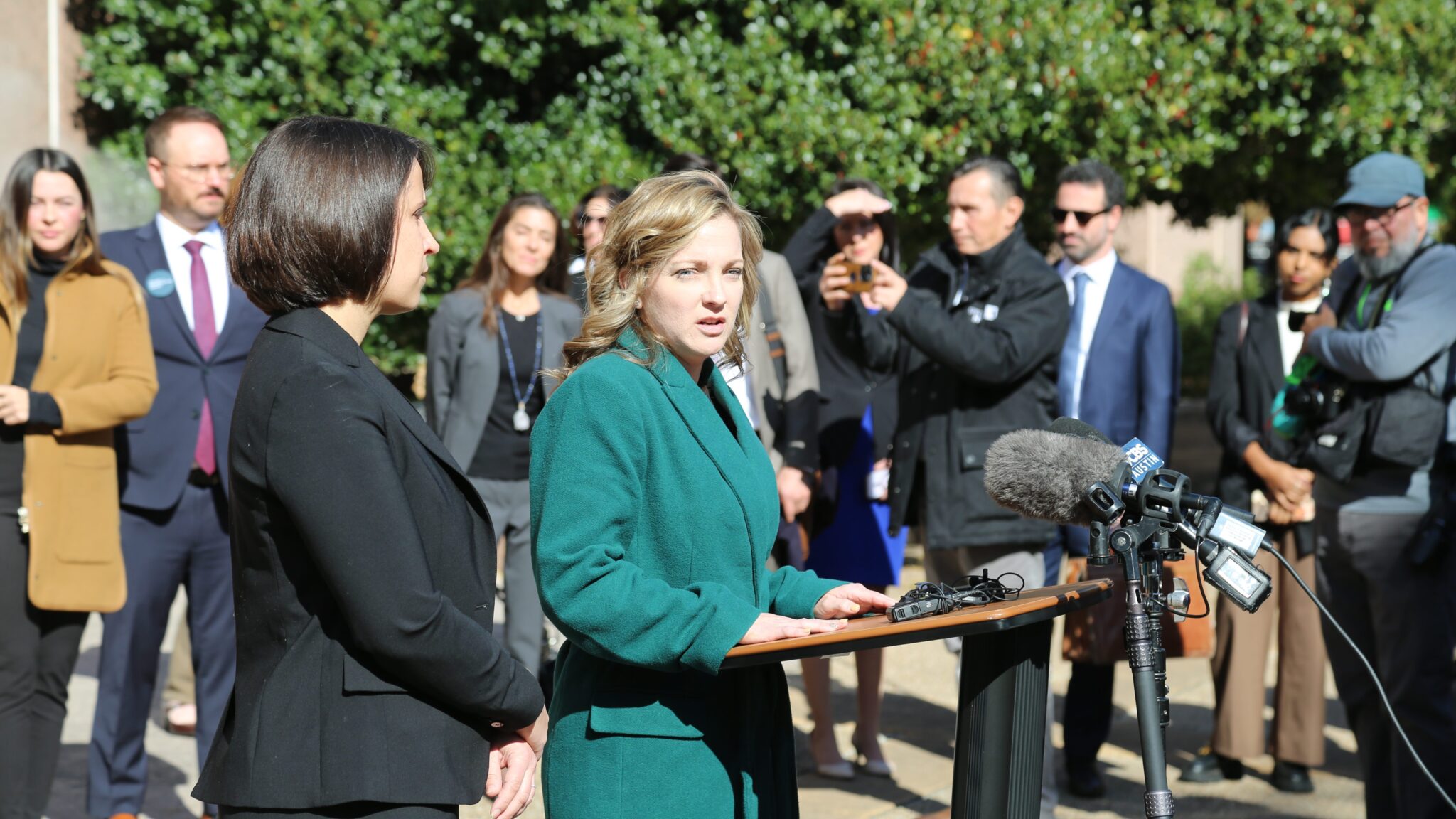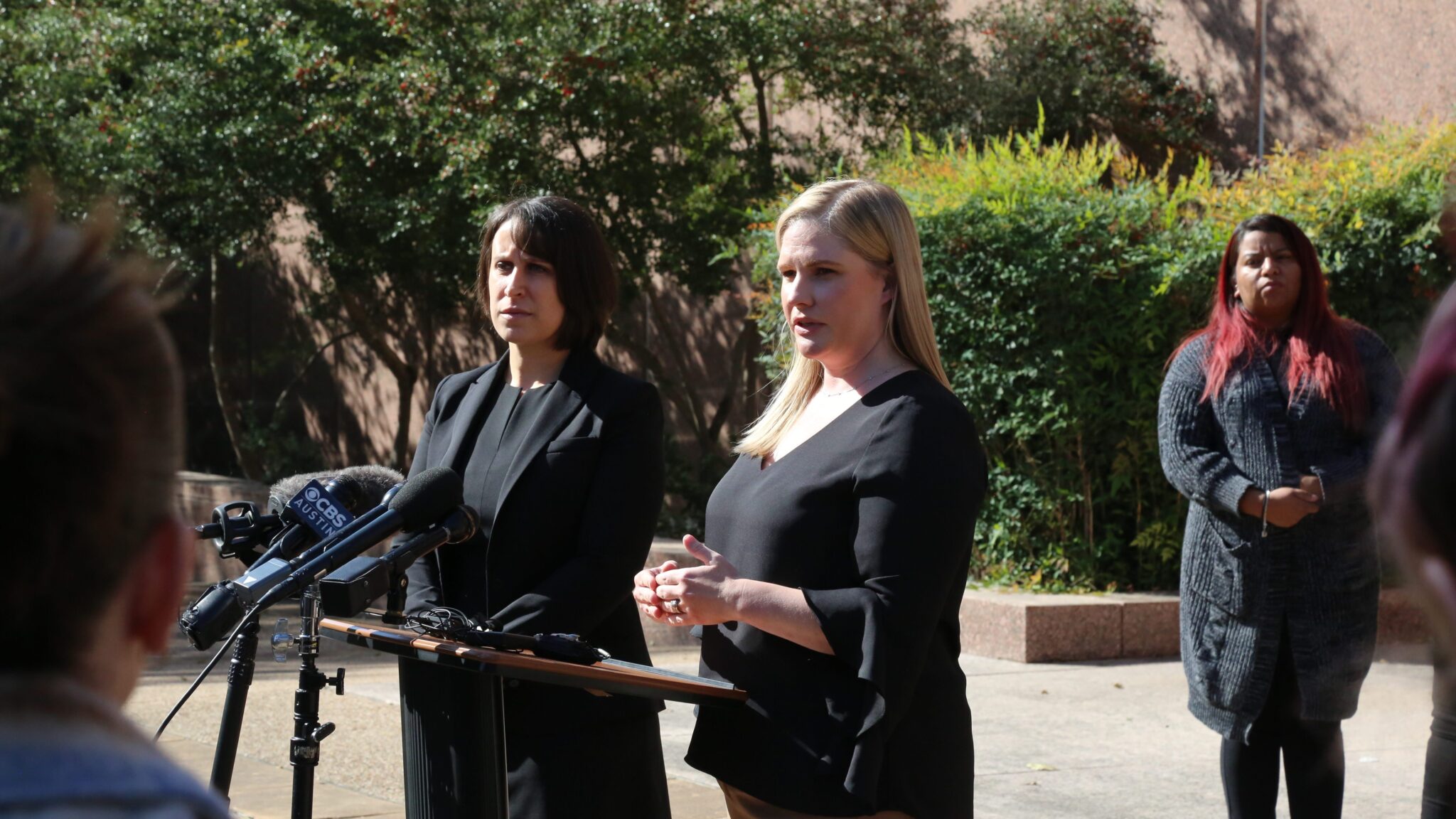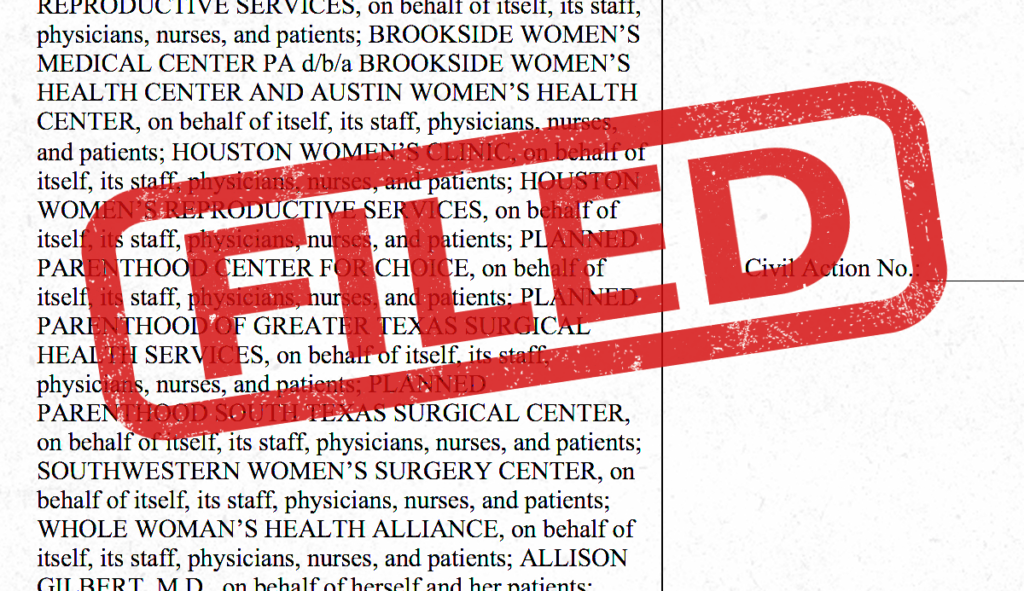Center Argues Case on Abortion Bans’ Medical Exceptions at Texas Supreme Court
Watch the video replay of the arguments in Zurawski v. State of Texas, the Center’s case on behalf of Texas physicians and women denied abortion care.
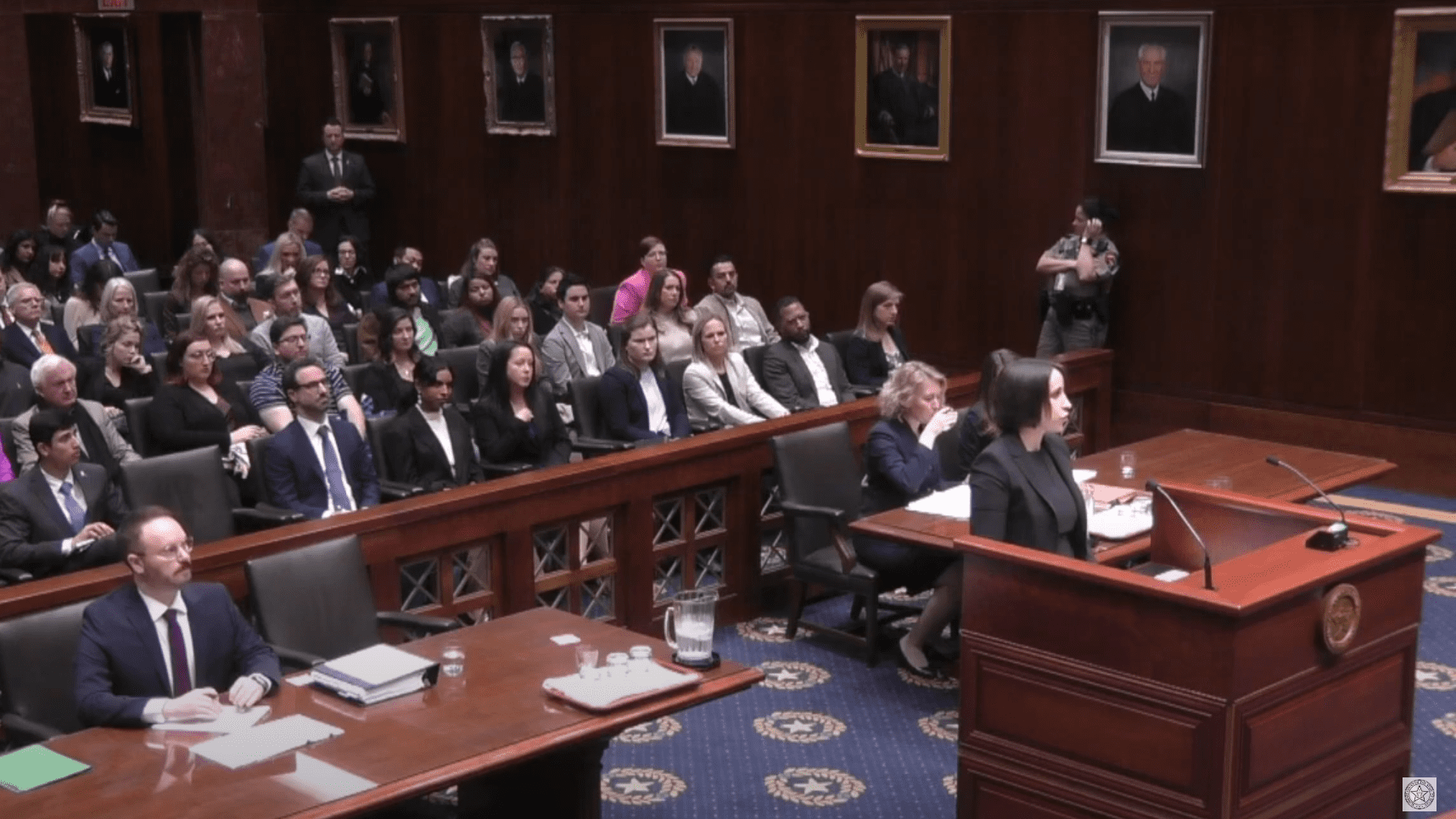
The Texas Supreme Court heard arguments today in Zurawski v. State of Texas, the case brought by the Center for Reproductive Rights on behalf of Texas physicians and women denied abortion care despite facing severe and dangerous pregnancy complications that threatened their health and lives.
Read more about the case.
Zurawski v. State of Texas: Complete Case Information
View case details, news, documents, photos and more.
The argument was on the state’s appeal of an injunction issued in August by a Texas district judge that blocked Texas’s abortion bans as they apply to patients with dangerous pregnancy complications and clarified that doctors can use their good-faith medical judgment to determine when to provide abortion care in those situations. The state’s appeal to the Texas Supreme Court blocked the injunction from taking effect and left the state’s abortion bans in place.
>>Watch the video replay of the arguments here.
The goal of the case is to “help women” and “make sure that doctors can actually provide medical care, which is what an abortion is,” explained Molly Duane, the Center’s Senior Staff Attorney who argued the case, in a PBS interview with plaintiff Taylor Edwards. “It is standard reproductive medical care that women and pregnant people routinely need for any number of reasons.”
Zurawski v. Texas was filed in March asking the court to clarify what circumstances qualify as “medical emergency” exceptions in the state’s abortion bans and to allow doctors to use their good-faith medical judgment without fear of prosecution. The lawsuit argues that the Texas Constitution protects the right to obtain an abortion when facing life- or health-threatening conditions.
Initially brought on behalf of five women denied abortion care and two obstetrician-gynecologists, more women harmed by Texas abortion bans have since joined the case, bringing the total number of plaintiffs to 22. The women’s experiences make clear that Texans with obstetrical emergencies are not getting the care they need.
Plaintiffs’ Stories
Read about the 20 Texas women denied abortion care and the doctors unable to provide care under Texas’s abortion bans.
Arguments Highlight Confusion and Harm of Texas Abortion Bans
Questions from the justices in today’s arguments addressed a range of topics, including physicians’ confusion about the scope of the medical exception to the state’s abortion bans, the state’s failure to provide physicians with guidance on how to interpret those exceptions, the ability of physicians to exercise their medical judgment under prior Texas abortion laws, the impracticality of requiring people in life-threatening situations to seek a court order allowing them to receive an abortion, and more.
In her remarks, Duane told the justices:
- “We’re not talking about hypothetical harms; these are real patients, many of whom are sitting in the courtroom today… Ms. Zurawski became septic while waiting to be ‘sick enough’ to receive abortion care…and now her fertility is compromised.” (Amanda Zurawski is lead plaintiff in the case.)
- “The abortion bans as they exist today subject physicians like my clients to the most extreme penalties imaginable: life in prison and loss of their medical license.”
- “While there is technically a medical exception to the bans, no one knows what it means, and the state won’t tell us.”
- “The state’s own expert said physicians are terrified and are in fact providing substandard care because of the lack of clarity in the law.”
Video Replay: Texas Supreme Court Oral Arguments in Zurawski v. State of Texas
Watch a replay of the arguments held on Tuesday, November 28.
“Taylor and her co-plaintiffs are showing an unbelievable amount of bravery and self-sacrifice to tell their stories publicly, so that the public can understand that abortion is health care,” said Duane in the PBS interview. “And what is happening in states across the country is unconscionable and should not continue.”
Event Photos
Several plaintiffs in the case were on hand to watch the arguments at the Texas Supreme Court. They and the Center’s attorney answered questions from the media after arguments were completed.
